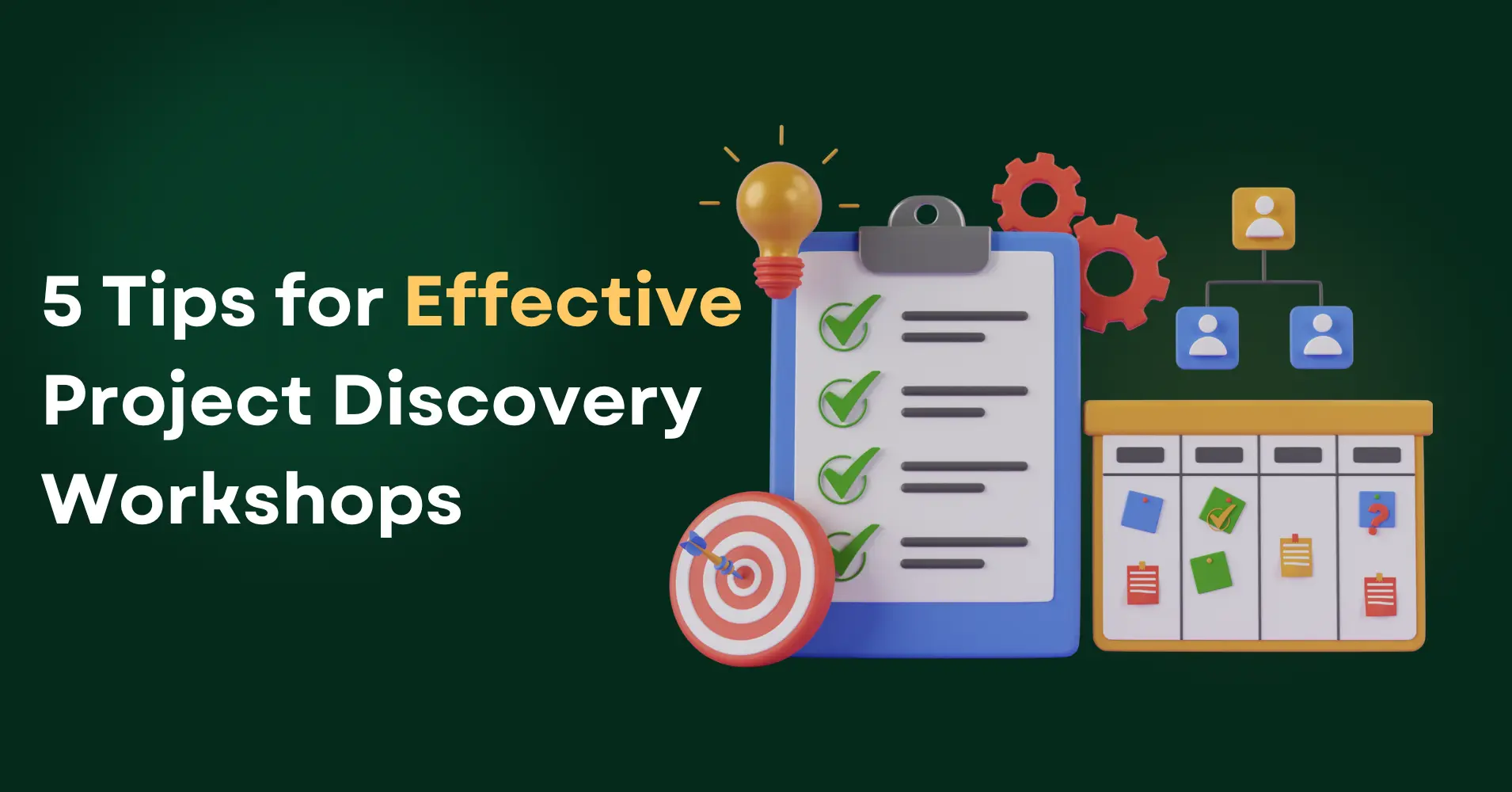
5 Under-rated Tips for Effective Project Discovery Workshops
By Rasel Siddiqe
January 16, 2024
Last Modified: January 18, 2024
When you’re considering software development, project discovery stands as the linchpin, the pivotal moment where ideas crystallize, visions take shape, and the trajectory of a project is set in motion.
In this article, we delve into project discovery workshops and present 5 tips on how you can make them more effective.
What are Project Discovery Workshops?
Project discovery workshops are the compasses that help you navigate the intricacies of software development. Guiding you through the crucial initial phases of a project. These workshops serve as immersive, collaborative sessions where key stakeholders, developers, designers, and end-users come together to articulate and define the scope, goals, and vision of a project.
The primary goal here is to ensure a clear understanding of project requirements and align team members with common objectives. It’s also crucial for mitigating potential challenges that may arise during the development process.
Key components of Project Discovery Workshops
Holding and executing effective project discovery workshops obviously requires an understanding of the crucial components that shape the course of software development projects.
Diverse stakeholder involvement
These workshops thrive on the diversity of perspectives brought to the table. Having stakeholders from various domains helps develop a comprehensive understanding of the project from different angles.
Interactive goal setting
Through dynamic discussions and brainstorming sessions, your teams can collaboratively set clear and measurable project objectives. These objectives serve as guiding stars throughout the project lifecycle, providing a roadmap for decision-making and prioritization.
User-Centric ideation
Understanding end-users is absolutely central to project discovery workshops. By creating user personas and mapping user journeys, teams can explore the user experience, leverage empathy and ensure that the final product resonates with its audience.
Technology and Tools integration
Leveraging collaborative tools and technologies, teams streamline communication and documentation during the workshop. Platforms like Miro, Trello, or collaborative Google Docs facilitate real-time collaboration, allowing participants to contribute ideas, provide feedback, and collectively shape the project’s direction.
So, project discovery workshops are not just your run-of-the-mill meeting; they’re dynamic sessions that set the tone for the entire project lifecycle. The collaborative nature of these workshops is not only to enhance communication but also instills a shared sense of ownership among team members.
Tips for Project Discovery Workshops
Here are tips that can help to make discovery workshops productive and achieve measurable results.
Establish a realistic timeline
While enthusiasm is crucial in a discovery workshop, it’s equally important to establish a realistic timeline.
Avoid the temptation to rush through discussions. Allocate sufficient time for each agenda item, allowing for in-depth exploration and comprehensive understanding.
A well-paced discovery workshop ensures that all aspects of the project are thoroughly addressed, laying the groundwork for a successful development sprint.
Encourage iterative thinking
Embrace an iterative mindset throughout the discovery workshop. Encourage participants to revisit and refine ideas as discussions move forward. This iterative approach builds adaptability in your process, allowing the project to evolve based on insights and feedback as they come along.
Iterative thinking not only hones the project’s direction but also encourages a flexible mindset within the team. Such a mindset is crucial for navigating the unpredictables of software development.
Prioritize risk identification
Effective risk management begins in the discovery phase. Prioritize the identification of potential risks and challenges that may arise during the project. Encourage open discussions about uncertainties and formulate mitigation strategies as you find them.
By addressing risks early on, the team can proactively plan for contingencies, ensuring a smoother project execution and minimizing the impact of unforeseen obstacles.
Facilitate cross-functional collaboration
Break down departmental silos while promoting cross-functional collaboration. Encourage developers, designers, and business analysts to collaborate closely during the discovery workshop.
This interdisciplinary approach helps you develop a holistic understanding of the project’s requirements and goals, facilitating a more seamless transition from discovery to development. Cross-functional collaboration while enhancing communication also promotes a shared sense of ownership among team members.
Document decisions effectively
In the dynamic exchange of ideas during a discovery workshop, documenting is a crucial part. Assign a dedicated note-taker or utilize collaborative tools to capture key insights, action items, and decisions made during discussions. This documentation serves as your reference throughout the project lifecycle, preventing misunderstandings and providing clarity on the rationale behind specific choices.
What else should you take into account?
While running Project Discovery Workshops, there are additional considerations that can increase the effectiveness of this critical phase in software development.
Embrace flexibility
Unexpected insights and revelations can come up during the workshop, requiring adjustments to the initial plan.
Encourage your team to be flexible and adaptable, either by incorporating the new ideas or modifying existing ones based on the evolving dynamics of the discussion.
Incorporate user feedback loops
Establish mechanisms to gather feedback throughout the project’s lifecycle, ensuring that the customer’s voice remains an integral part of the development process. This feedback loop cultivates a user-oriented mindset while also enhancing the quality of the final product.
Consider accessibility and inclusivity
This involves addressing the diverse needs of users, including those with disabilities. By proactively considering accessibility features during the discovery phase, you lay the foundation for a product that is inclusive and caters to a broader user demographic.
Evaluate technical feasibility
Involve technical experts early on to assess the viability of different solutions. Identifying potential technical challenges during the discovery workshop allows the team to devise strategies for overcoming obstacles and ensures a smoother transition to the development phase.
Plan for continuous learning
Staying in-sync with industry trends and emerging technologies is essential. Allocate time within the discovery workshop for knowledge sharing, training sessions, or discussions about recent advancements. A team that values continuous learning is better equipped to navigate the ever-evolving landscape of technology.
Wrapping Up
Success in project discovery workshops revolves around assembling diverse teams, setting clear objectives, and embracing a user-centric approach. Leveraging collaborative tools, fostering open communication, and maintaining flexibility are pivotal for dynamic and adaptive project development. Additional considerations, including realistic timelines, iterative thinking, and risk prioritization, contribute to a nuanced approach. Facilitating cross-functional collaboration, effective decision documentation, and continuous learning ensure a holistic and inclusive project journey.
In essence, achieving getting desired results from project discovery workshops requires a balanced orchestration of collaborative principles and nuanced considerations, fostering innovation and accomplishment in software development.





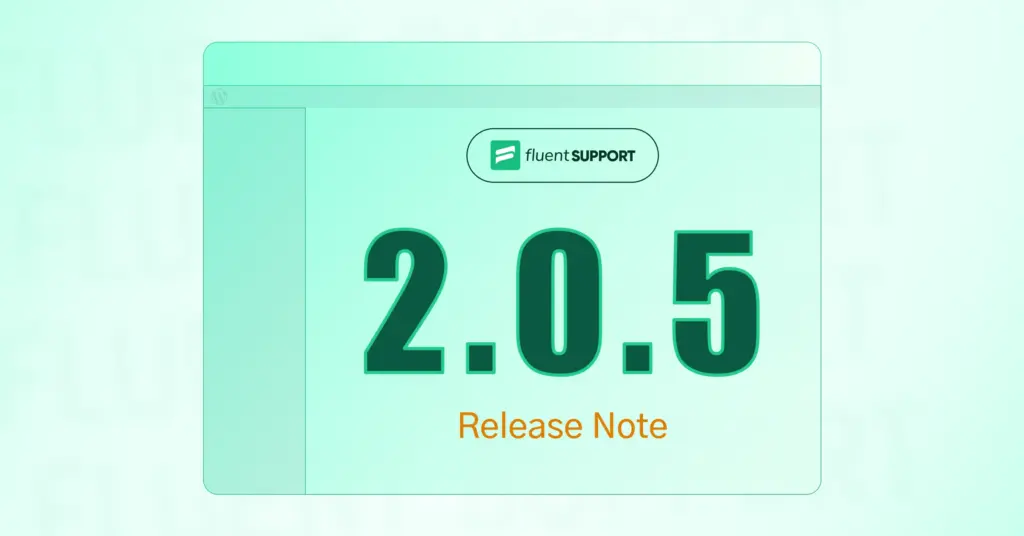
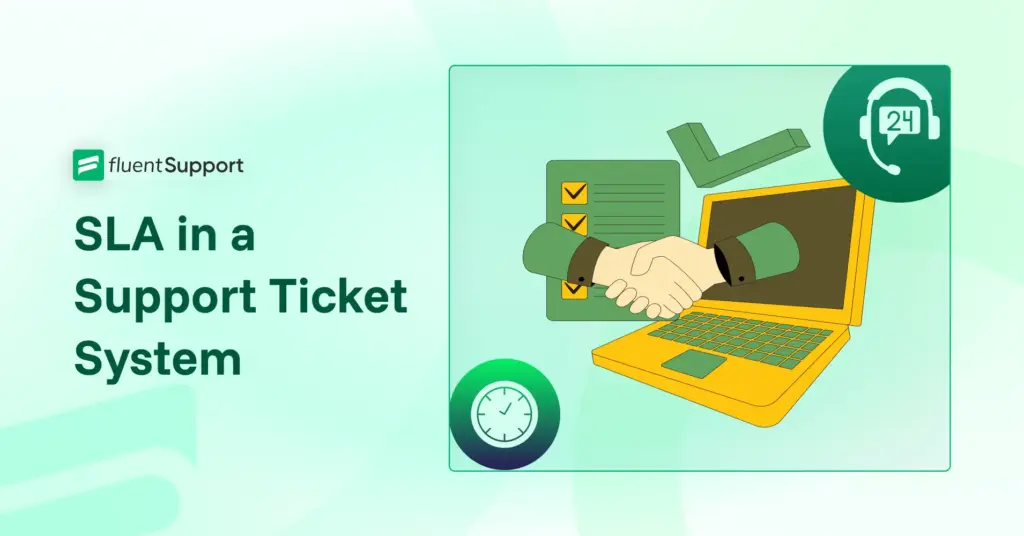
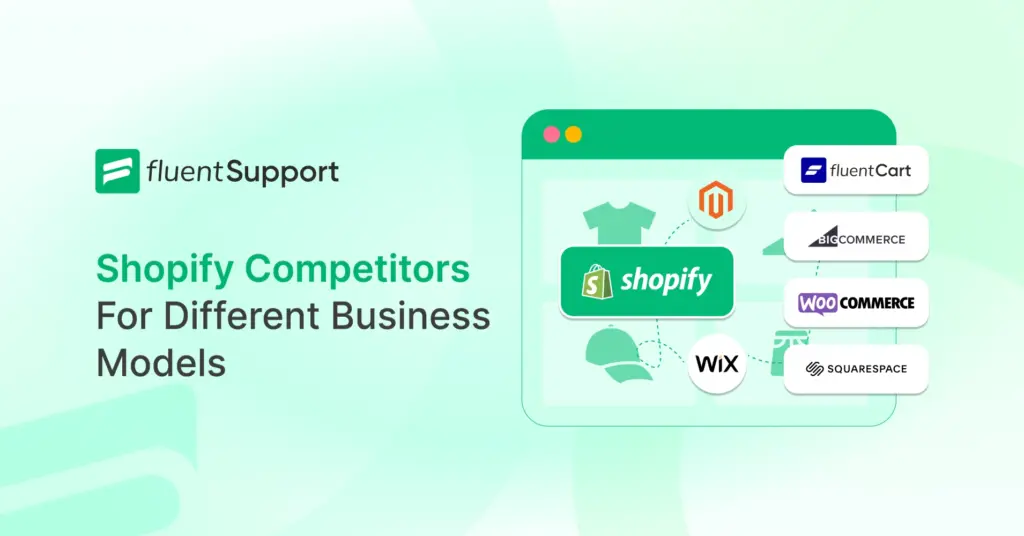
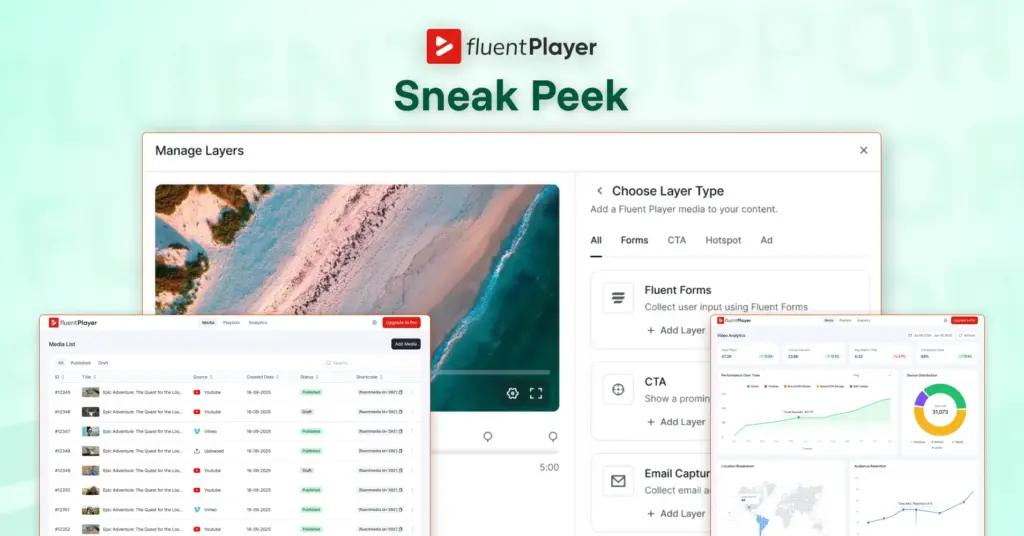
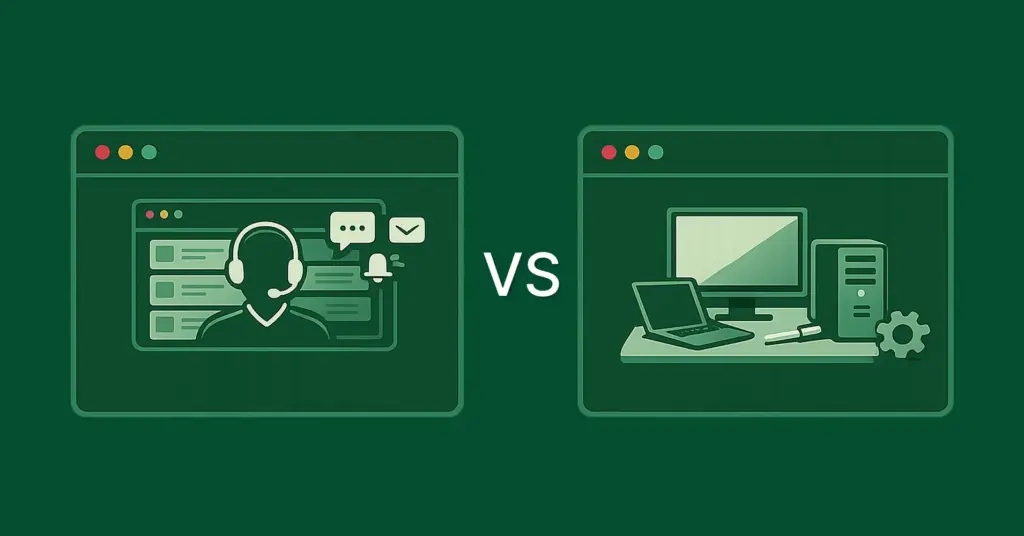
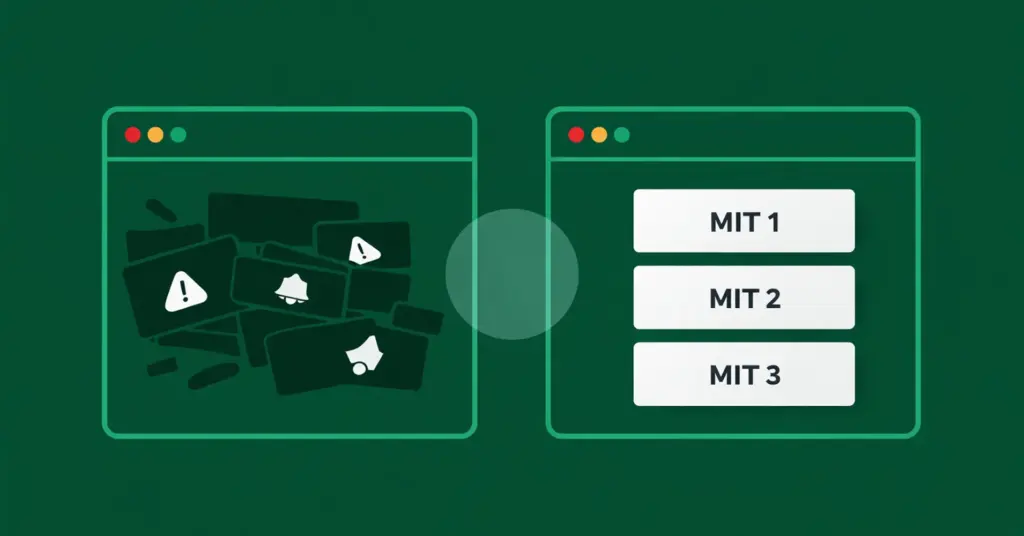

Leave a Reply